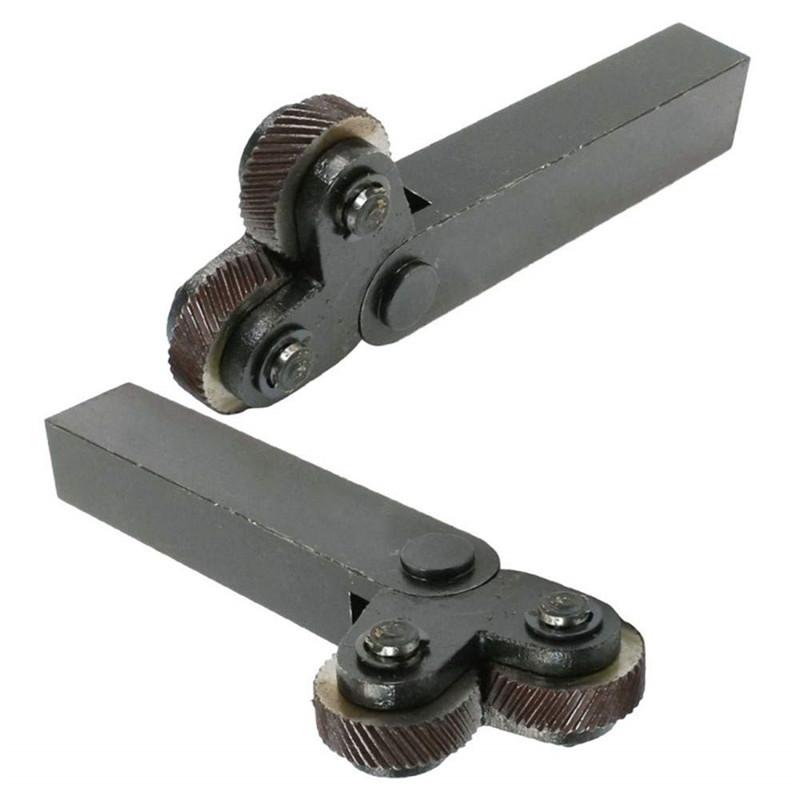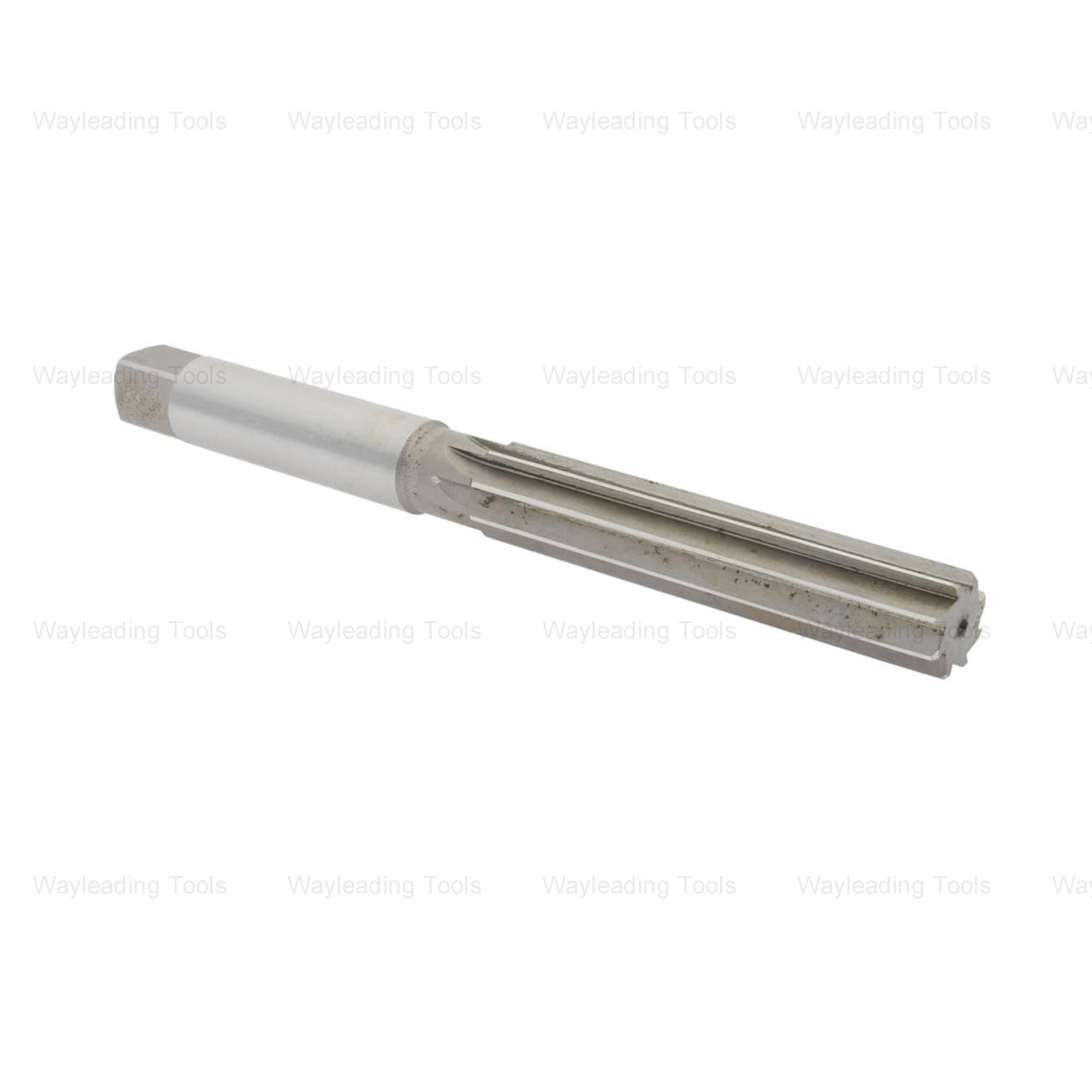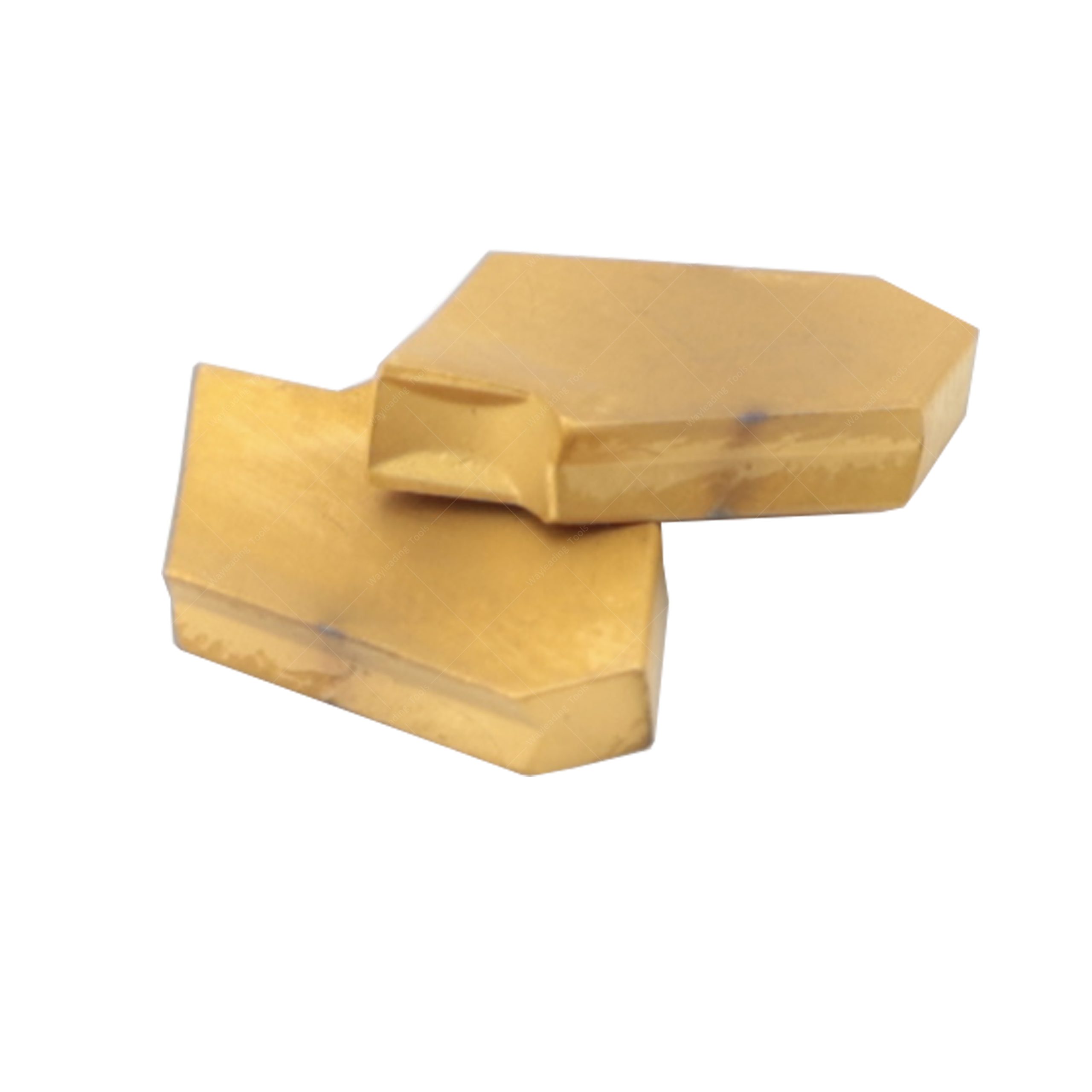Solid Carbide Drill Bit Suppliers
Finding reliable solid carbide drill bit suppliers can be challenging. This guide covers essential factors to consider when choosing a supplier, including material quality, precision, coating options, and customization capabilities. Learn how to evaluate suppliers, understand pricing, and ensure you get the best performance and value for your drilling needs.
Why Choose Solid Carbide Drill Bits?
Solid carbide drill bits are renowned for their superior hardness, wear resistance, and ability to maintain a sharp cutting edge at high temperatures. This makes them ideal for drilling hard materials like stainless steel, titanium, cast iron, and hardened alloys. Unlike high-speed steel (HSS) bits, solid carbide drill bits can withstand higher cutting speeds and feeds, leading to faster and more efficient drilling processes. Their enhanced durability also translates to longer tool life, reducing the frequency of replacements and minimizing downtime.
Factors to Consider When Selecting Solid Carbide Drill Bit Suppliers
Choosing the right supplier is crucial for obtaining high-quality solid carbide drill bits that meet your specific requirements. Here are key factors to consider:
Material Quality and Grade
The grade of carbide used significantly impacts the performance and longevity of the drill bit. Look for suppliers who specify the exact carbide grade used in their products. Common grades include:
- C1/K01: High wear resistance, suitable for abrasive materials.
- C2/K10: Good balance of wear resistance and toughness, versatile for various applications.
- C6/K20: Higher toughness for interrupted cuts and less rigid setups.
Reputable solid carbide drill bit suppliers like Wayleading Tools should provide detailed information on the carbide composition and its suitability for different materials.
Precision and Tolerances
Precise grinding and tight tolerances are essential for achieving accurate hole dimensions and minimizing tool runout. Inquire about the supplier's manufacturing processes and quality control measures. Look for suppliers who can provide drill bits with tolerances within +/- 0.0005 inches or better.
Coating Options
Coatings enhance the performance of solid carbide drill bits by reducing friction, improving wear resistance, and preventing chip welding. Common coating options include:
- Titanium Nitride (TiN): General-purpose coating for improved wear resistance and lubricity.
- Titanium Carbonitride (TiCN): Higher hardness and wear resistance than TiN, suitable for abrasive materials.
- Aluminum Titanium Nitride (AlTiN): Excellent heat resistance and hardness, ideal for high-speed machining of hardened materials.
- Diamond-Like Carbon (DLC): Very low friction and excellent wear resistance, suitable for non-ferrous materials and plastics.
Discuss your specific application with potential suppliers to determine the optimal coating for your needs. For example, when drilling aluminum, a DLC coating will greatly enhance performance and tool life.
Customization Capabilities
If you require drill bits with specific dimensions, flute designs, or point angles, choose a supplier who offers customization services. Custom drill bits can be tailored to optimize performance for unique applications. Consider Wayleading Tools for your custom drill bit needs.
Supplier Reputation and Experience
Choose solid carbide drill bit suppliers with a proven track record of delivering high-quality products and excellent customer service. Check online reviews, ask for references, and inquire about their experience in the industry. A supplier's years of experience often translates to better product quality and support.
Evaluating Potential Suppliers: A Checklist
Use this checklist to evaluate potential solid carbide drill bit suppliers:
- Request samples: Evaluate the quality and performance of the drill bits firsthand.
- Review technical specifications: Ensure the drill bits meet your required dimensions, tolerances, and material specifications.
- Inquire about lead times: Determine the supplier's ability to meet your delivery deadlines.
- Negotiate pricing: Obtain competitive quotes from multiple suppliers and compare pricing structures.
- Assess customer support: Evaluate the supplier's responsiveness and willingness to assist with technical questions.
Understanding Pricing and Cost Factors
The price of solid carbide drill bits varies depending on several factors, including:
- Diameter and length: Larger and longer drill bits generally cost more.
- Carbide grade: Higher-grade carbides command a premium price.
- Coating type: Advanced coatings like AlTiN and DLC add to the cost.
- Quantity: Bulk purchases often qualify for volume discounts.
- Customization: Custom drill bits typically cost more than standard sizes.
When comparing prices, consider the total cost of ownership, including the initial purchase price, tool life, and potential downtime costs associated with tool failures. A slightly more expensive drill bit with superior performance and longer lifespan may ultimately be more cost-effective.
Ensuring Performance and Value
To maximize the performance and value of your solid carbide drill bits, follow these best practices:
- Use the correct cutting parameters: Consult the supplier's recommendations for optimal cutting speed, feed rate, and coolant usage.
- Maintain proper tool holding: Use high-quality tool holders to minimize runout and vibration.
- Provide adequate coolant: Coolant helps to dissipate heat and lubricate the cutting edge, extending tool life.
- Inspect drill bits regularly: Check for signs of wear or damage and replace dull drill bits promptly.
- Store drill bits properly: Protect drill bits from damage and contamination by storing them in a clean, dry environment.
Data Sheet Examples: Carbide Grades
| Carbide Grade | Hardness (HRA) | Transverse Rupture Strength (PSI) | Recommended Applications |
|---|---|---|---|
| C1/K01 | 92.5 | 350,000 | Abrasive materials, high wear resistance required |
| C2/K10 | 91.8 | 320,000 | General purpose, good balance of wear resistance and toughness |
| C6/K20 | 91.0 | 300,000 | Interrupted cuts, less rigid setups, higher toughness needed |
*Data may vary depending on the manufacturer. Source: [Carbide Manufacturer's Website - Example. This should be a real source].*
Related products
Related products
Best selling products
Best selling products-
 Precision Dial Caliper Of Double Shock-Proof For Industrial
Precision Dial Caliper Of Double Shock-Proof For Industrial -
 3 Flutes HSS Chamfering Countersink Drill bitl With 60 And 90 Degree
3 Flutes HSS Chamfering Countersink Drill bitl With 60 And 90 Degree -
 Metric HSS 13mm Reduce Shank Drill Bit For Metal Cutting Of High Precision
Metric HSS 13mm Reduce Shank Drill Bit For Metal Cutting Of High Precision -
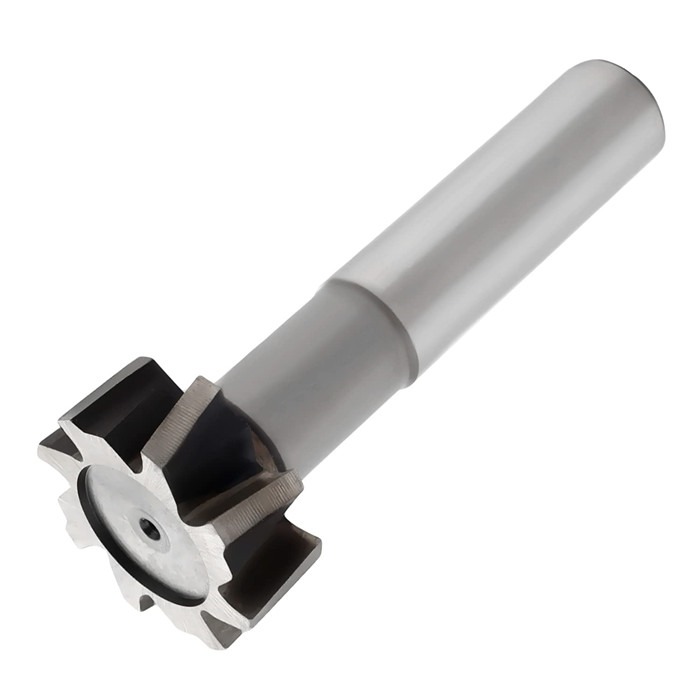 HSS Metric & Inch T Slot End Mill For Industrial
HSS Metric & Inch T Slot End Mill For Industrial -
 Precision IP54 Digital Outside Micrometer Of Inch & Metric With Data Output
Precision IP54 Digital Outside Micrometer Of Inch & Metric With Data Output -
 Straight Shank ER Collet Chuck Holders With Extending Rod
Straight Shank ER Collet Chuck Holders With Extending Rod -
 Dial Bore Guage From 6-450mm Range
Dial Bore Guage From 6-450mm Range -
 Deburring Tool Blades Using For Deburring
Deburring Tool Blades Using For Deburring -
 Stub Milling Machine Arbor With NT, R8 and MT Shank
Stub Milling Machine Arbor With NT, R8 and MT Shank -
 DIN6537L Metric Solid Carbide Twist Drill With Internal Coolant & External Coolant
DIN6537L Metric Solid Carbide Twist Drill With Internal Coolant & External Coolant -
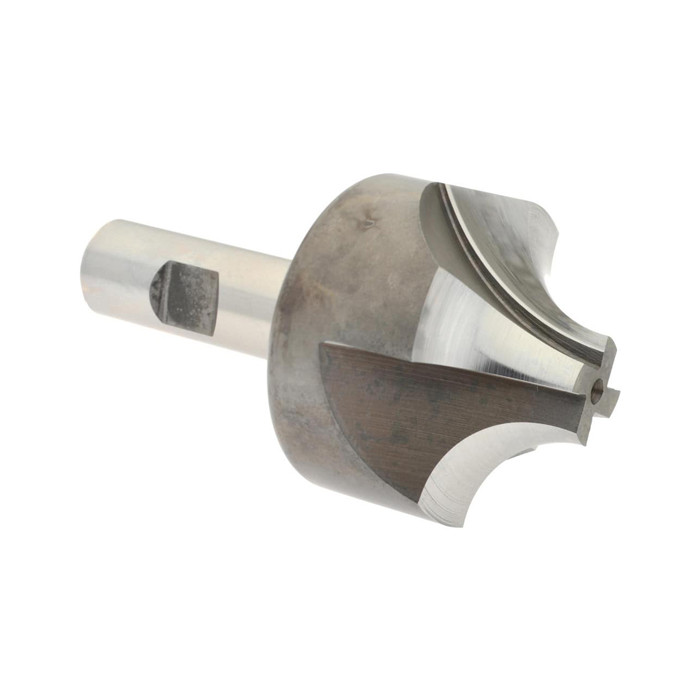 HSS Metric & Inch Corner Rounding End Mill For Industrial
HSS Metric & Inch Corner Rounding End Mill For Industrial -
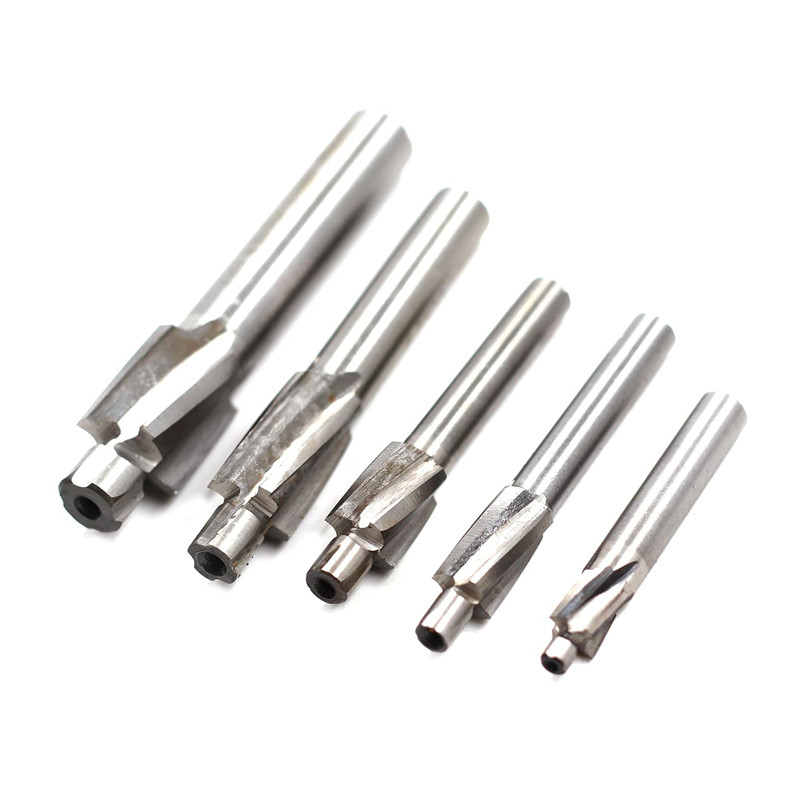 3 Flutes HSS Counterbore Drill Bit With Metric And Inch Size
3 Flutes HSS Counterbore Drill Bit With Metric And Inch Size

